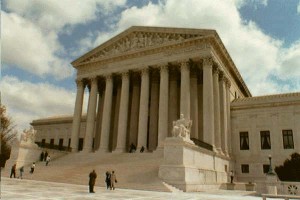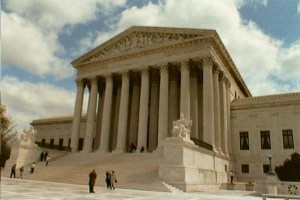When Does the Habeas Statute of Limitations Begin to Run?
 The Supreme Court hears argument today in the case of Jimenez v. Quarterman (No. 07-6994). The case requires the Court to determine what triggers the one-year statute of limitations for federal habeas corpus claims. Congress imposed the one-year limitation in 1996, hoping to diminish the number and success of challenges in federal court to state convictions. The statute, in pertinent part, provides that the one-year clock for filing a federal claim begins to run on “the date on which the [state] judgment became final by the conclusion of direct review or the expiration of the time for seeking such review.” This may seem straightforward enough, but Jimenez’s case highlights an ambiguity.
The Supreme Court hears argument today in the case of Jimenez v. Quarterman (No. 07-6994). The case requires the Court to determine what triggers the one-year statute of limitations for federal habeas corpus claims. Congress imposed the one-year limitation in 1996, hoping to diminish the number and success of challenges in federal court to state convictions. The statute, in pertinent part, provides that the one-year clock for filing a federal claim begins to run on “the date on which the [state] judgment became final by the conclusion of direct review or the expiration of the time for seeking such review.” This may seem straightforward enough, but Jimenez’s case highlights an ambiguity.

